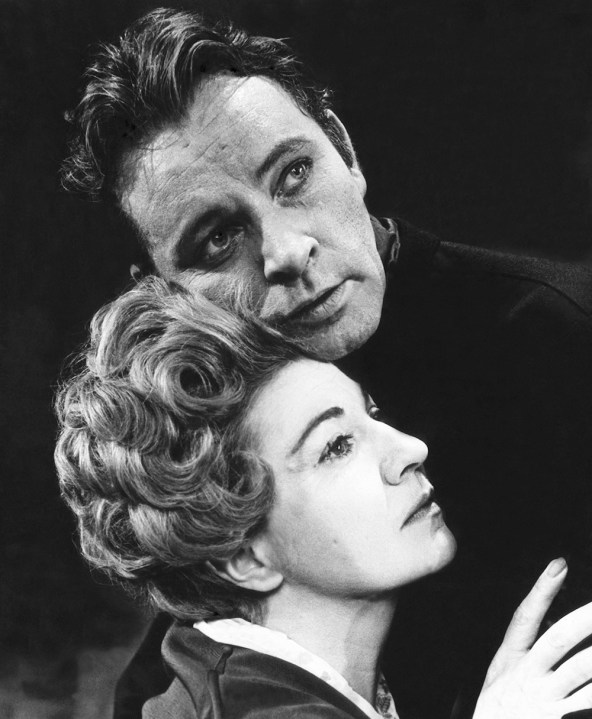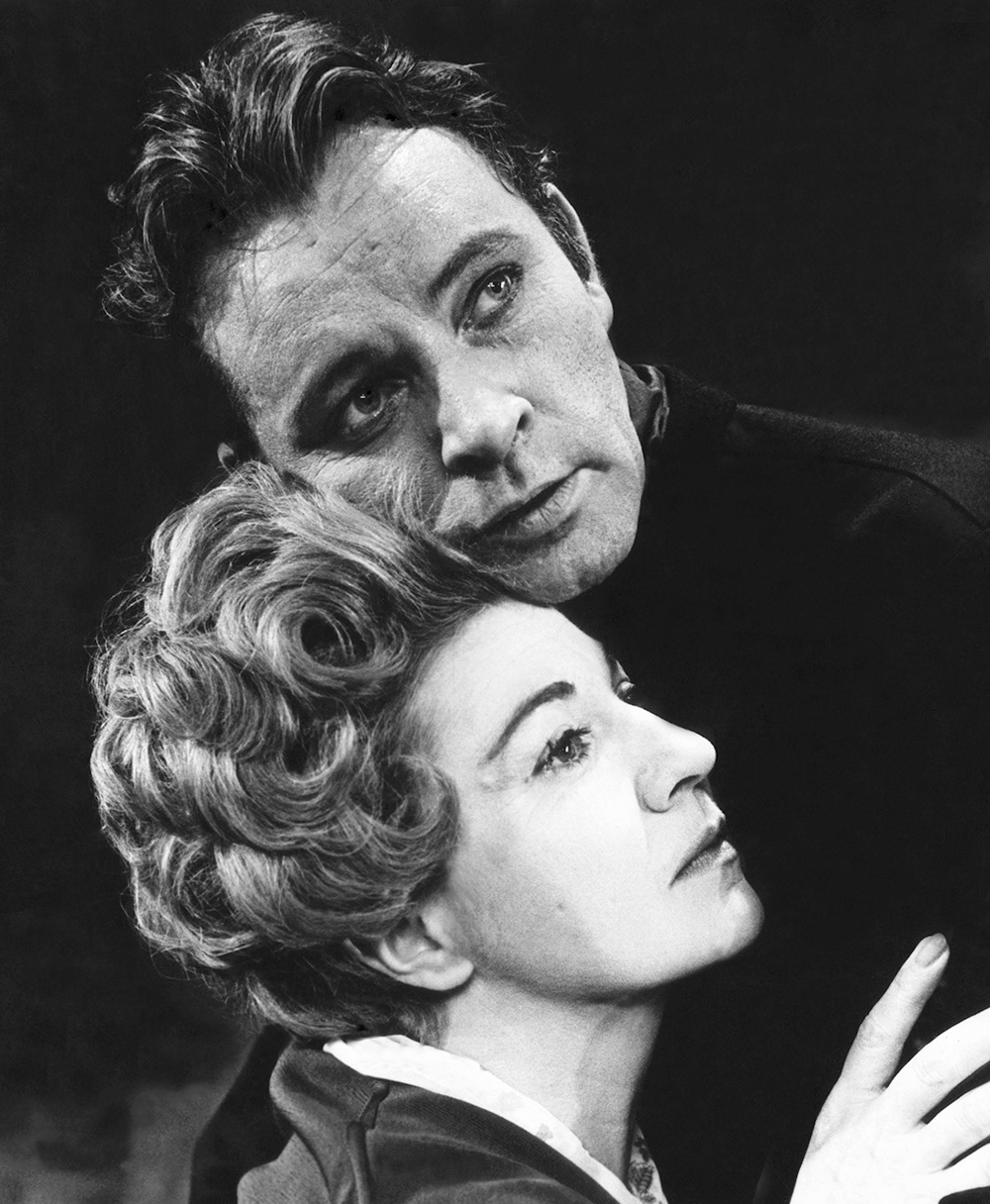In 1963 two Hamlets went into production: one directed by Laurence Olivier, the other by John Gielgud. The situation had been engineered by Richard Burton and Peter O’Toole. The story goes that while shooting the film Becket, Burton and O’Toole had decided they should each play the Prince under either Olivier or Gielgud and they tossed a coin over who would get which director. O’Toole got Olivier; Burton got Gielgud.
Both productions – booze-drenched affairs – went ahead, but the Hamlet that became a showbiz legend was Burton’s doomed Dane.
The production made a fortune; it was probably the most profitable Shakespeare ever staged
Burton looked up to Gielgud. He had played Hamlet a decade before, and in it he copied Gielgud’s word elongation (‘In a dreeeeam of passion’). Gielgud, for his part, was keen to stage something for the 1964 Shakespeare quartercentenary and liked the poetic, dark pessimism of the starry Welshman. As director, he decided that his brilliant new concept for Hamlet was… no concept. No tights (good move; Burton hated them), no decor, nothing. It was to be staged to look as if it was the last run-through before the dress rehearsal. The largely American cast was invited to wear anything – pyjamas and bikinis were ruled out but otherwise it was come as you like.
The show opened on Broadway at the Lunt-Fontanne Theatre after previewing in Canada. What became known as the ‘Liz and Dick’ show thoroughly upstaged the play. The police closed off roads but the kettled fans broke free and chased the stars’ limo. Taylor and Burton were at peak fame having recently filmed Cleopatra, an insane epic of exceeded budgets, lawsuits, adultery and diamond shopping. (Taylor famously had a donkey’s appetite for carats.) The pair tied the knot – it was her fifth marriage – during the run.








Comments
Join the debate for just £1 a month
Be part of the conversation with other Spectator readers by getting your first three months for £3.
UNLOCK ACCESS Just £1 a monthAlready a subscriber? Log in